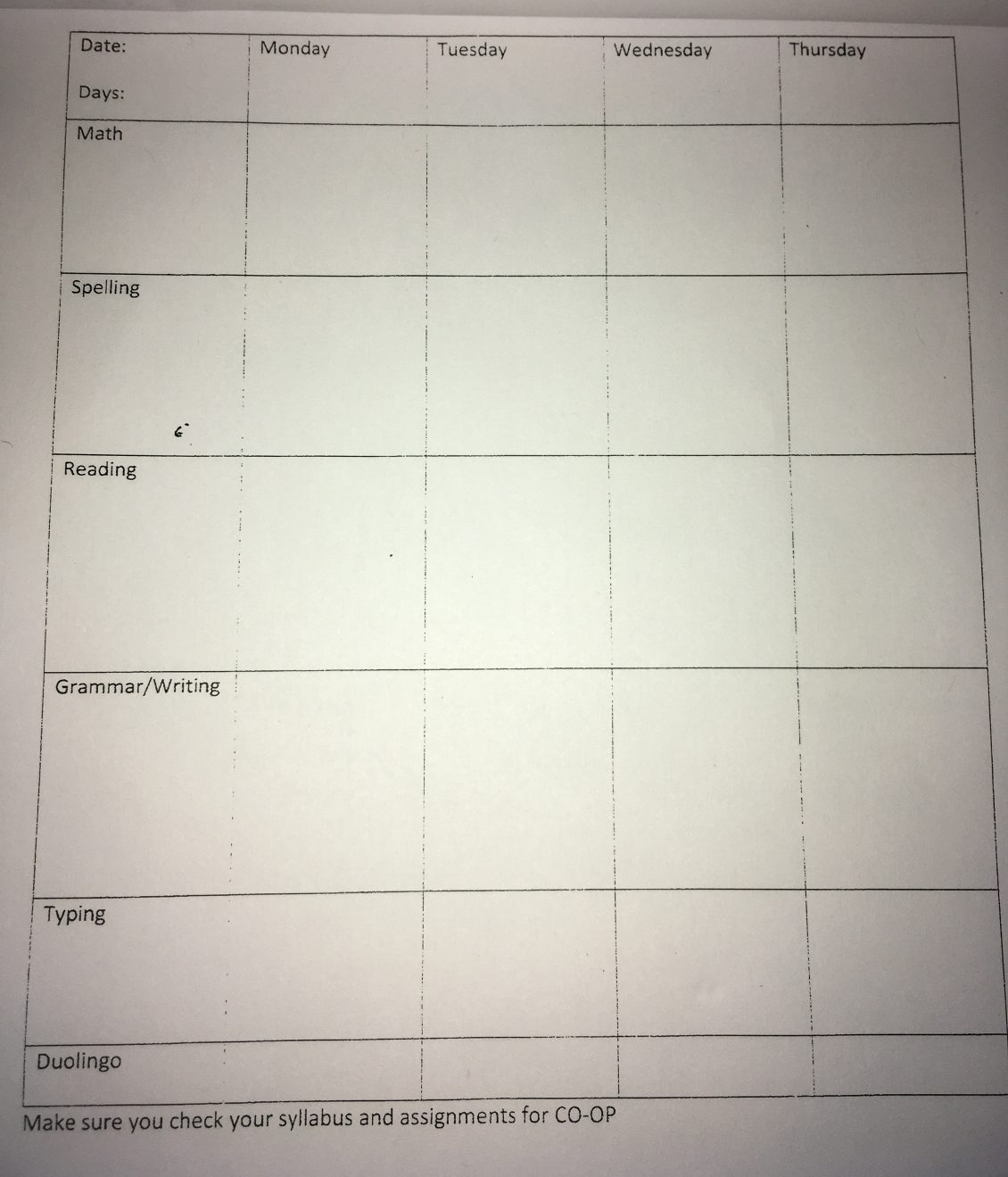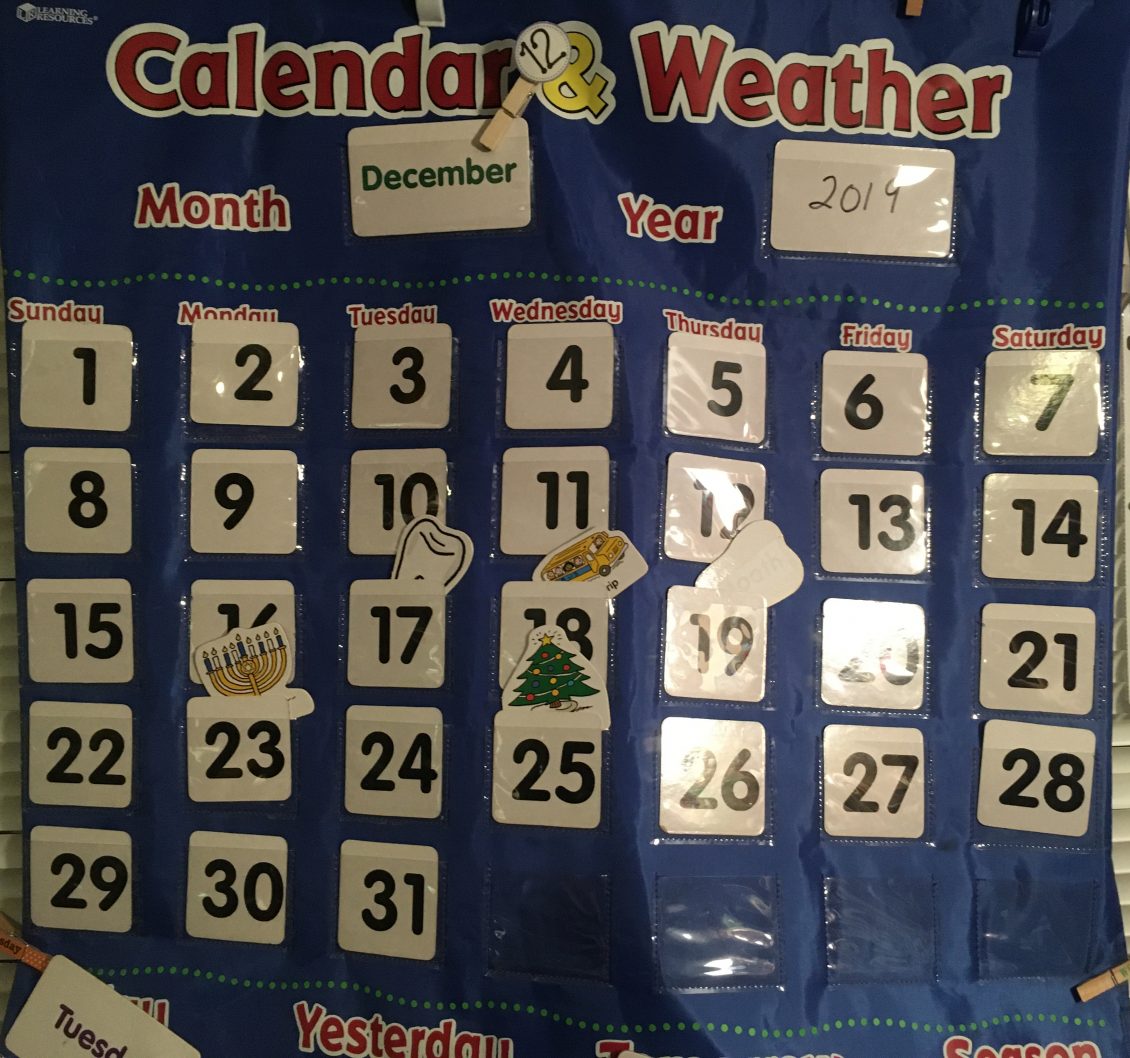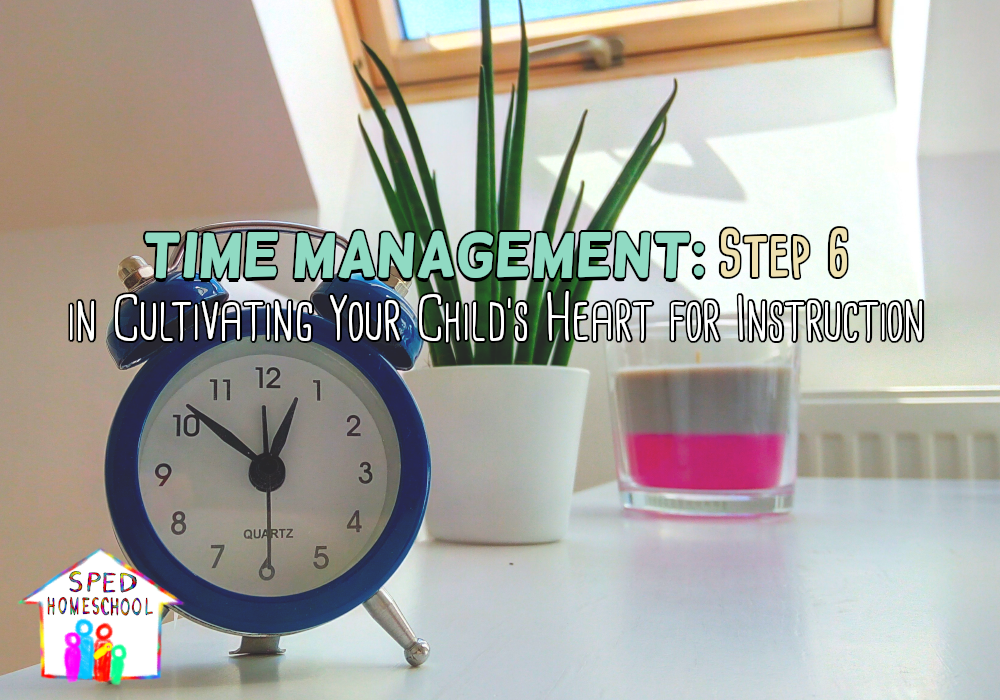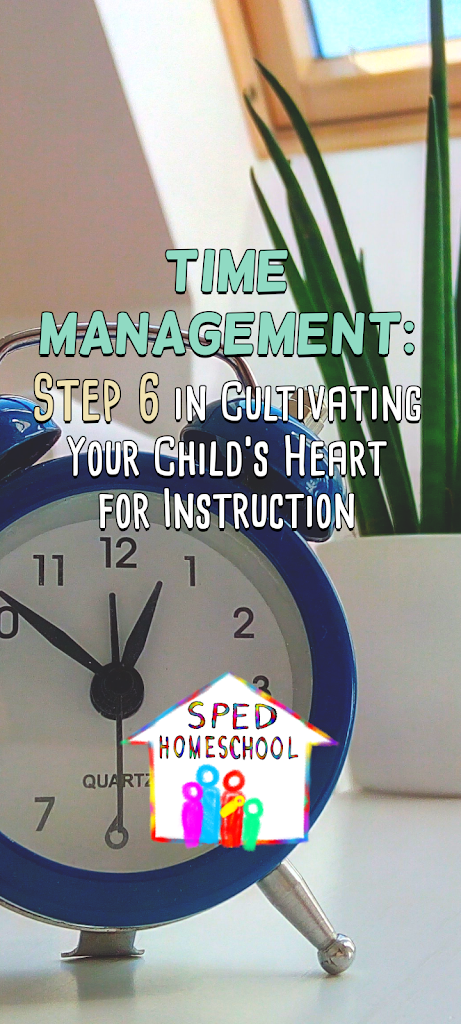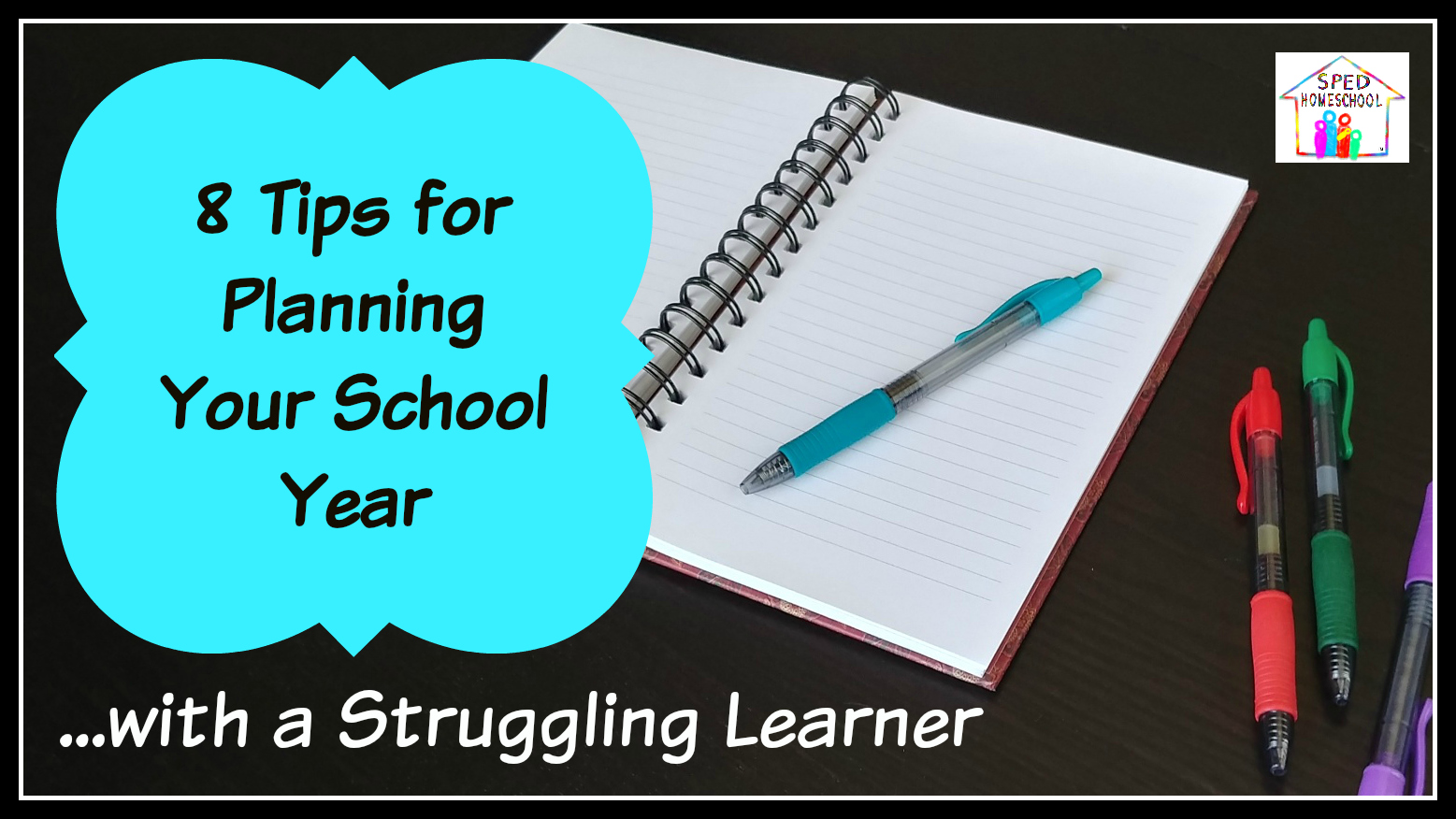
By Steve Demme
Our journey to homeschool our children began before we were married. In seminary I had a class on Christian education and another on Christian schools. One of the papers I wrote was entitled, The Millennial View of Education. If there was a millennium in the future, what would education look like? I was seeking a vision for education instead of trying to go back to the good ol’ days. I set out to be like Josiah, who was reading the Bible for the first time. With my old hardback concordance, I looked up every word that had something to do with educating children such as teach, teacher, instruct, instruction, instructor, etc.
After searching through these passages, I concluded, somewhat radical in the 1970s, that parents were to be the primary instructors of their children and the curriculum was to be based on the word of God. While there were verses throughout the scripture, Proverbs and Deuteronomy contributed to the lion’s share of the pertinent passages.
After graduation, my wife and I were married and God gave us children. A few years later, we attended our first homeschool conference and began meeting families who were home educating their children. We loved the fruit that we saw in the relationships between parents and teens and decided to home educate our sons.
One of the key portions of scripture that directly addresses teaching our children is found in Deuteronomy 6:7. I often read this passage and wondered how I was to apply this command, “You shall teach them diligently to your children, and shall talk of them when you sit in your house, and when you walk by the way, and when you lie down, and when you rise.”
Should I be leading regular family worship times? What did it look like to talk of God’s commands when I sit in my house, walk by the way, lie down, and rise? I wanted to follow God’s design for families and wondered how to apply this scripture.
After many years of trying and failing, family worship became a staple in our home. I taught workshops on how we made this a habit in our family and even wrote a book about it. I also taught about discipling our children and modeling our faith in front of them as we walk by the way and sit in our homes.
Then one day a parent approached me at a conference and asked me why I started with the 7th verse and skipped the 5th and 6th verses. I said I did not know and at my first opportunity read them. Deuteronomy 6:5-6, “You shall love the Lord your God with all your heart and with all your soul and with all your might. And these words that I command you today shall be on your heart.”
A light bulb went off in my mind and I saw the order in which the Holy Spirit had orchestrated His divine blueprint for family discipleship. What we were doing as a family was right and profitable, but I missed the order in which the Holy Spirit has orchestrated His Word. There is a reason verse 5 and 6 precede verse 7. Before I can teach my children to love God and His word, I the teacher, must love God and His word.
Before I can expect to teach my children to know and have a relationship with God, I must be in a heart relationship with God myself. I began asking God to help me to love Him with all my heart, soul, mind, and strength. I didn’t know how He would answer this prayer, but since it is clearly according to His will, I knew He would. I expected that I would wake up one morning and experience some sort of quickening in my heart and find my affections being drawn heavenward.
But God surprised me by how he answered my heartfelt request. My love for God has increased, but not how I anticipated it. Over a period of several months, God began making me aware of His affection for me. Through a series of experiences and scriptures, His Spirit has been teaching, revealing, and conveying to my heart how much He cares for me. Through these providences, He has been communicating to me how much He loves and even likes me.
One day I remonstrated God and said, I know you love me, but I want to love you with all of my heart. Then it dawned on me, this is how our heavenly Father operates. We read in 1 John 4:19 that “we love because he first loved us.” As I have been shown how much God loves me, I am finding that I love God more than ever. My newfound appreciation for God is in direct proportion to the revelation of His love for me. God has taken the initiative and made me know that I am His and He is mine.
I never doubted that God loved me because this truth is taught plainly in Scripture. However the verse that the Holy Spirit used to make me realize how much He loved, and liked me, was John 15:9: “As the Father has loved Me, so have I loved You. Abide in My love.” The Father and the Son have an incredibly close, intimate relationship. As I read the gospel of John, I see how much God the Father loves Jesus the Son. Then to think that Jesus loves me as much as His Father loves Him is incredible. I am believing as never before how much God loves me and find myself loving Him more than I ever have.
Deuteronomy 6:6 goes on to say, “And these words that I command you today shall be on your heart.” I also need to ask God to enable me to love the Word of God and have it “on my heart.” The divine order of the whole passage in Deuteronomy 6:5-7 makes so much sense. When I love God with all my heart, and have His word on my heart, then I am equipped to teach my family to love God and His word.
When God and His Word are the desire of my heart, talking about God and His words will flow, when I rise up, walk by the way, lie down, and sit in my house. I see with new eyes that the best thing I can do for my family is to fall in love with God and His Word. A heart relationship with my heavenly Father is what prepares and equips me to teach my children.
In hindsight I see that my desire to teach my children is what led me to discover the pattern in Deuteronomy 6. Interestingly this is the same passage that Jesus quotes when asked what is the great commandment in Matthew 22:36 “Teacher, which is the great commandment in the Law?” 37 And he, Jesus, said to him, “You shall love the Lord your God with all your heart and with all your soul and with all your mind. 38 This is the great and first commandment.
I confess that I never gave much thought to whether I loved God with all my heart or not. But as I pondered on the wisdom and the beauty of this command and the order in which it is found, I discovered that I really wanted to love God with everything in me, and love His word, so that when I teach my children diligently they will know and sense that this message is from my heart and is the most important pursuit of my life.
Wanting to be a faithful diligent parent has led me to be a better Christian. Perhaps this is what happened with Enoch in Genesis 5:22 “Enoch walked with God after he fathered Methuselah.” He is also mentioned in Hebrews 11:5 “By faith Enoch was taken up so that he should not see death, and he was not found, because God had taken him. Now before he was taken he was commended as having pleased God.”
May God help us to love Him with all our heart so that we may pass this love on to our children and grandchildren to the glory of God.
Originally published on Building Faith Families
About the author:
Steve and his wife Sandra have been married since 1979. They have been blessed with four sons, three lovely daughters-in-law, and five special grandchildren. Their fourth son has Downs Syndrome and lives with them in Lititz, PA.
Steve has served in full or part time pastoral ministry for many years after graduating from Gordon-Conwell Theological Seminary. He is the creator of Math-U-See and the founder of Building Faith Families.







